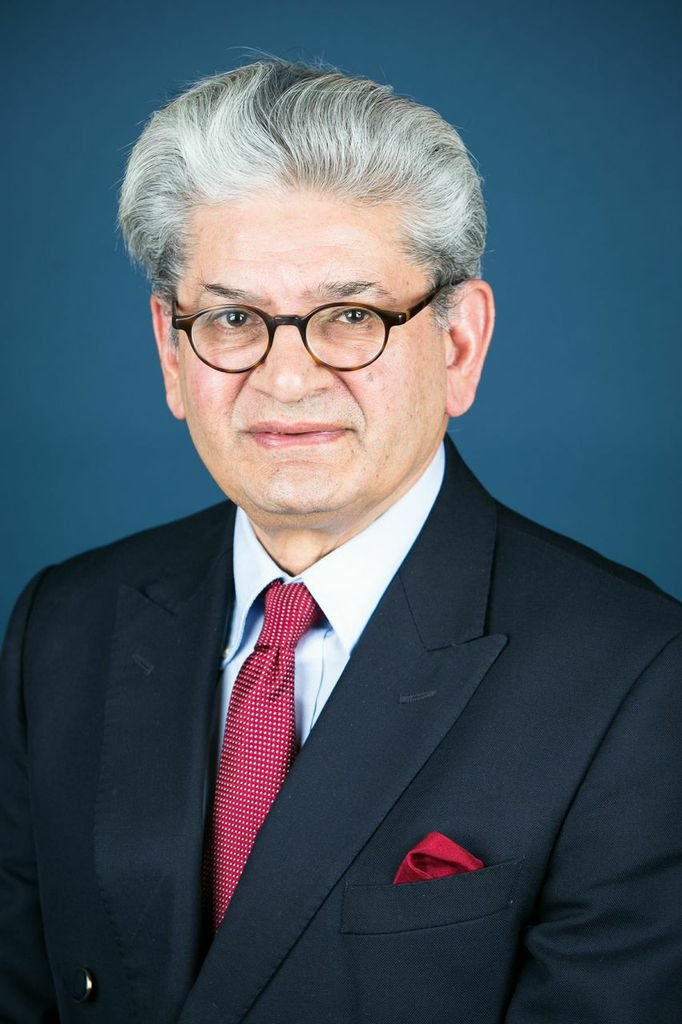International cooperation, especially on a multilateral basis, has lost ground in recent years. This process has been accompanied by the devaluation of core democratic values in many developing and developed countries. The specific form adopted by globalization since the late eighties and early nineties (Rodrik’s “hyper-globalization”) is central for understanding why this has occurred. Keohane et al (2009) define a set of conditions required for a “democracy-enhancing multilateralism,” which would allow multilateralism and constitutional democracy to go hand in hand. Drawing from the Structuralist tradition in the theory of economic development and trade, we argue that these conditions are necessary but not sufficient. A viable form of multilateralism requires an additional condition, namely the provision of global public goods to curb the negative economic and political externalities that inevitably emerge in an international system marked by strong asymmetries in specialization and technological capabilities.

Remarks by Martín Guzmán at 12th Edition of the Paris Forum: Key findings and conclusions of the Jubilee Report
Dear members of the Paris Club Secretariat, Thank you for the invitation to present some of the key findings and conclusions of the Jubilee Report, commissioned by Pope Francis and prepared by a Commission of
 Alicia Barcena
Alicia Barcena Arjun Jayadev
Arjun Jayadev Akbar Noman
Akbar Noman Joseph Stiglitz
Joseph Stiglitz